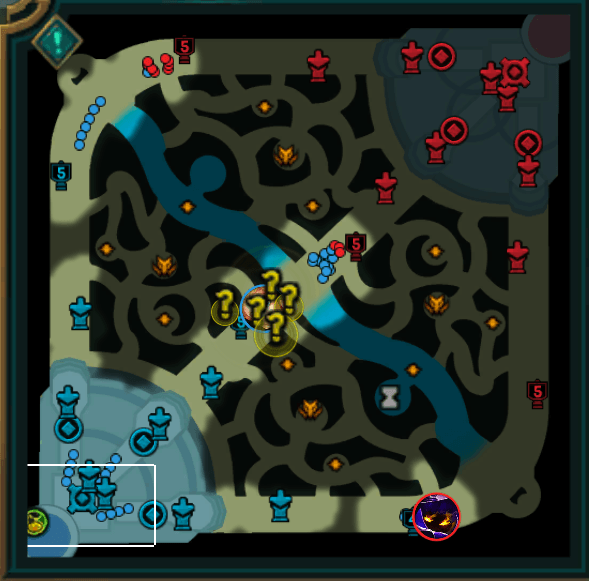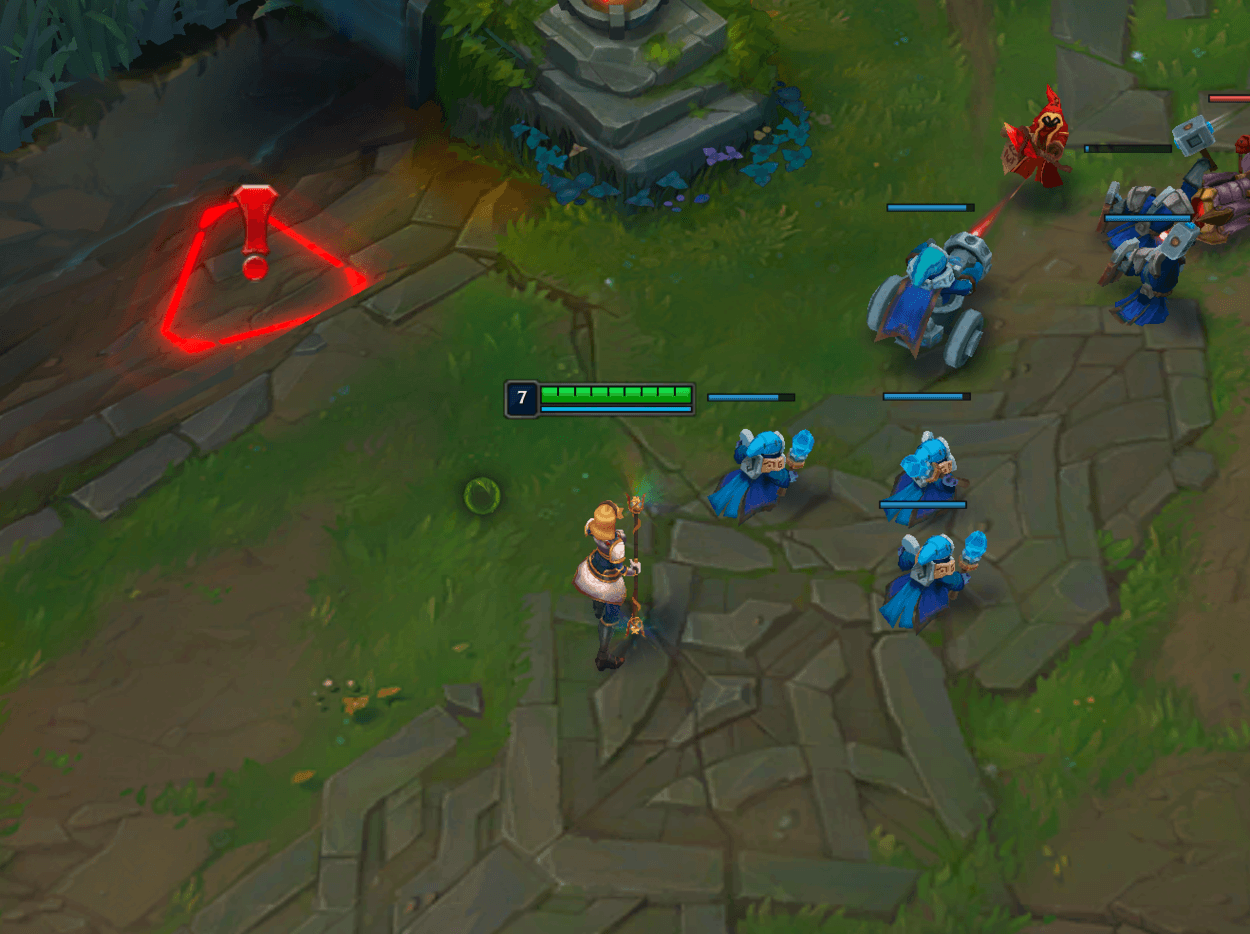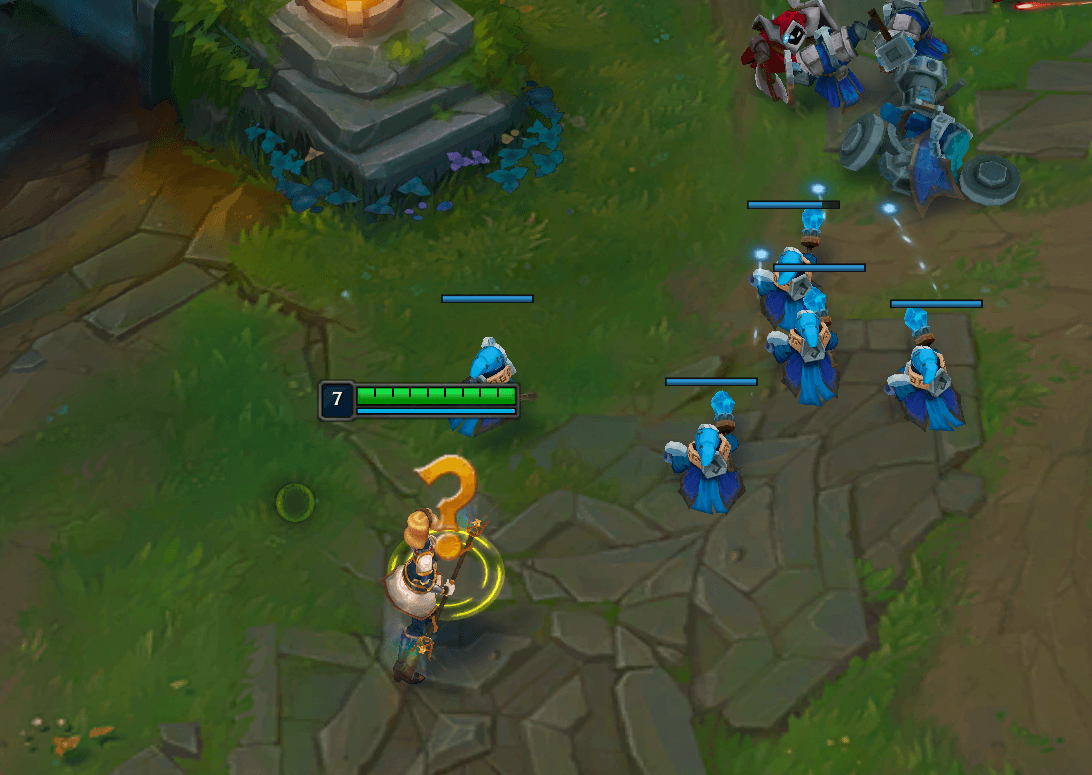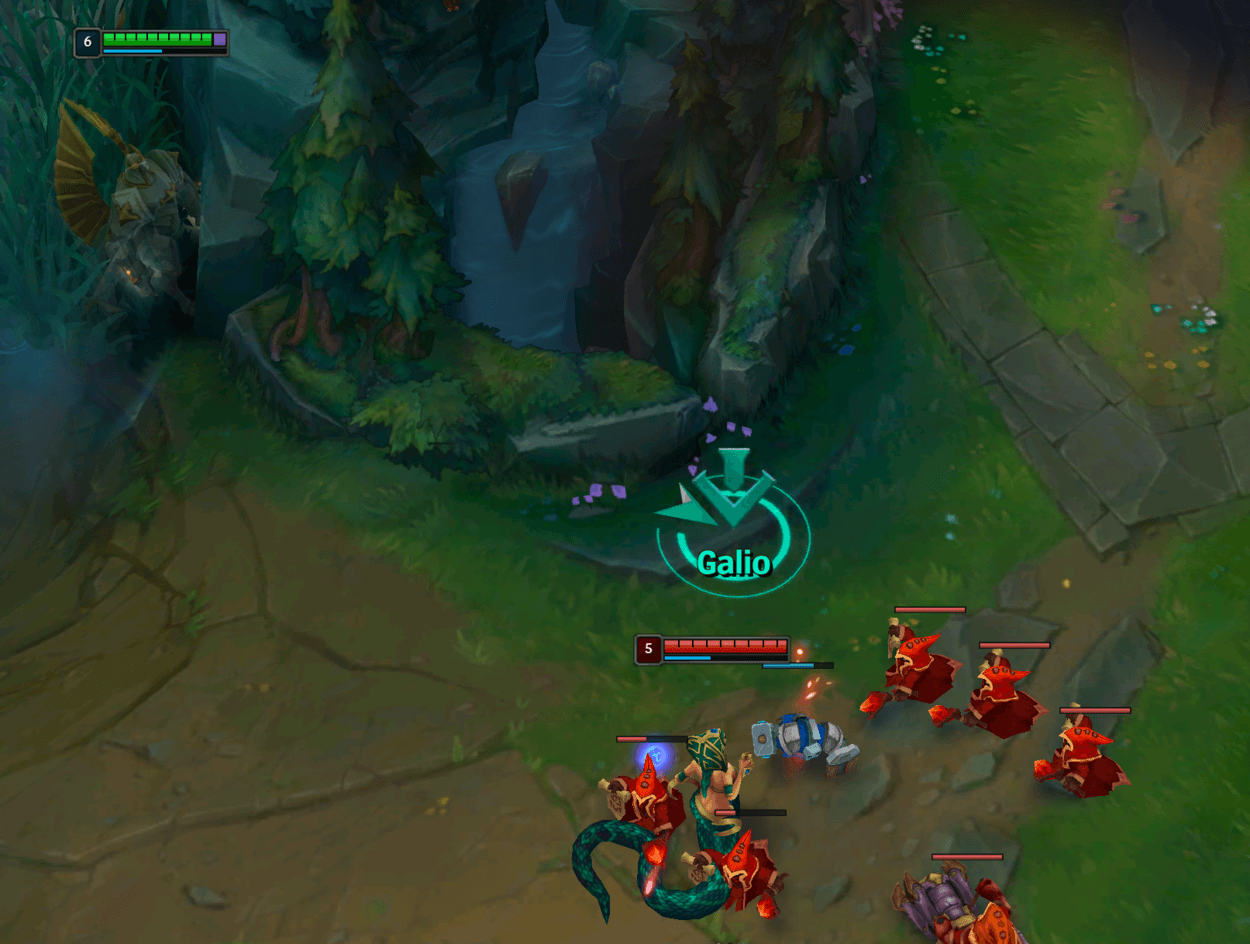How to Use Pings Without Tilting Your Teammates
In this guide, we discuss how to communicate effectively with pings without tilting your teammates.
In this guide, we discuss how to communicate effectively with pings without tilting your teammates.
Pings allow you to quickly communicate your intentions to your allies, as well as warn them of impending danger. However, despite their immense value, they are pretty much a double-edged sword; pinging is one of the easiest ways to tilt your team, trigger a flame war, and turn the outcome of a match from surefire win to surefire loss.
That said, there are ways to prevent your pings from being a double-edged sword, and instead a sword that will always carve a path to victory. Today, we’ll be covering all of those ways, so you’ll soon know how to communicate effectively with pings without tilting your teammates. Keep in mind that in this guide, we’ll only be focusing on ping etiquette. We won’t be going into detail about what each ping is and their purpose. We have another guide for that, which you can check out here.
Sure, the enemy jungler might be ganking your midlaner, but panickily spamming ping after ping isn’t going to accomplish anything more than two pings, which accurately relay the information, can achieve. Spam pinging just serves to tilt your teammates, since the jarring noises and obtrusive colors are highly distracting, and more irritating than Teemo's shrooms. Plus, the more unnecessary pings you spam, the less clear your intended message will become, and the more your team will be inclined to either a) mute your pings b) tune the ping sounds out.
There’s also a limit to how many pings you can use in one period, meaning if you use too many it stops you from pinging for a short while. If you need assistance, spot the enemy jungler, or your laner goes roaming during this time, you won’t be able to use pings to quickly share this information to your team.
"Wait, that’s all well and good, but my teammates never react to my pings! I have to spam ping them, so they’ll pay attention and listen!"
Well, let’s be real: if an ally isn’t reacting to your initial few pings, chances are they’re not going to take any notice even if you send a mass of pings their way. Instead of wasting your pings on a teammate who clearly doesn’t care about them, save them for your teammates who do. You’ll be pinging less, so your other teammates will take them more seriously, and you also won’t risk ping locking yourself.

Imagine this: your enemy laner goes missing, and appears to be pathing toward mid. You ping “enemy missing” on your lane, and tell yourself you’ve clearly warned your team, so you can ignore the roam and focus on pushing out that hefty minion wave. Only, not even a moment later, you hear “an ally has been slain,” followed by a flurry of pings your way, and your midlaner spouting “why no ping??” in chat.
Now, it’s no debate that your ally was caught out and wasn’t paying attention. However, it’s also no debate that you did not clearly warn them; if your laner goes missing, you need to ping your lane AND the lane they're heading for.
Solely pinging your lane means your teammates won’t be able to visually see the ping unless they look at the minimap. If they’re caught up in trading or farming, they might not check the minimap, meaning they won’t truly know where the ping is coming from, and if it’s relevant information for them. Pinging your ally's lane gives them a much better chance of noticing the information, since it provides a visual indicator on the lane itself.

While it’s vital to ping your ally’s lane, you should never ping directly on top of their champion. It will come off as obnoxious, and it’ll definitely get in the way if they're fighting or trading with their opponent. Plus, they might misunderstand your intention and think you’re pinging their champion to flame them, especially if they’re falling behind in lane!
Even if they understand you’re warning them, they won’t be able to gain insight into what part of the map they need to be paying attention to. Pinging their champion tells them nothing more than to be on alert. In comparison, when you ping the lane itself, you can make this clear since you can ping the exact side the danger will come from. This leads us nicely into our next point: be concise.

If your jungler wants to gank your lane, but it's clearly dangerous and not worthwhile, don’t just solely use the “danger” ping to warn them off. Instead, communicate exactly why you don’t want them to come to your lane. If you have low mana and can’t engage, ping that. If you have no summs and your ultimate is down, ping that. The more concise you are with your pings, the better; miscommunication can make even the most chill player perma-tilt, as it often leads to easily avoidable deaths.
In low elo, if you ping that you're on your way, no matter how far away you actually are, no matter how obvious it is you’ve changed your mind, your allies are going to play as if you’ll be at their lane in seconds. This means if you don't turn up to their lane immediately it can easily all go south, and they'll undoubtedly become tilted and blame you if it does.
To prevent this from happening, only use the OMW ping when you’re less than five seconds away. You also need to ensure you ping it at the exact location you’re heading to. Otherwise, your allies may misunderstand your intention (remember: be concise!). If you intend to just help them defend their lane, ping behind them and on the turret, not in the middle of their lane. If you intend to gank, ping behind the enemy laner or on top of them.

It should go without saying that using pings to harass your teammates is never going to go down well; at best, they will mute your pings. At worse, they’ll become tilted, spam “open lane” in /allchat and bombard you with pings for the rest of the game.
Instead of using pings as a weapon against your teammates, use them as a tool to boost morale. For example, if your toplaner outplays their laner and gets first blood, ping “enemy missing” on the opponent’s dead champion, and top it off with a quick “wp” in the chat (even if you weren’t actually watching the fight!). Your ally will think you're seriously impressed by their outplay, and amazed that they managed to pull it off. The more praise you give your team, the more they’ll want to work with you, and subsequently, the more inclined they'll be to listen to your pings throughout the game.
Mastering ping etiquette will give you the upper-hand in your matches; it’ll improve team communication, co-ordination and mentality. While getting into the habit of using pings in new ways can be a challenge, it’s a challenge that comes with a pay off your LP, and all your teammates, are sure to appreciate. GL HF!